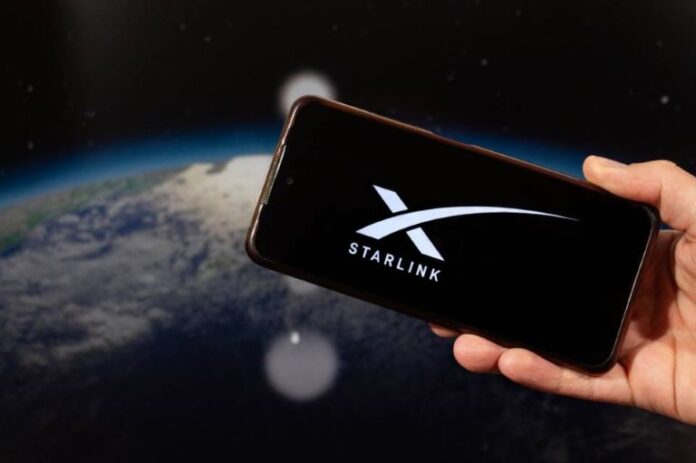SpaceX’s satellite internet arm, Starlink, has signed its largest direct-to-cell connectivity deal with Veon Ltd, the parent company of Jazz Pakistan. The move could reshape mobile communications across Asia.
The agreement will first bring Starlink’s satellite-to-smartphone technology to Kazakhstan and Ukraine. Later, it will expand to other Veon markets, including Pakistan, home to over 70 million Jazz users.
 Starlink will integrate its Direct-to-Cell system with Veon’s network. This setup lets ordinary phones connect directly to low-Earth-orbit satellites without special equipment. The technology ensures connectivity in remote, disaster-hit, or underserved areas.
Starlink will integrate its Direct-to-Cell system with Veon’s network. This setup lets ordinary phones connect directly to low-Earth-orbit satellites without special equipment. The technology ensures connectivity in remote, disaster-hit, or underserved areas.
Veon calls the partnership a “strategic milestone” that advances its goal of digital inclusion across emerging markets. For Starlink, it marks another step toward expanding beyond fixed satellite internet into mobile communications. The company faces growing competition from AST SpaceMobile and OneWeb.
Experts say the deal could transform Pakistan’s telecom sector once implemented. Many villages and mountain regions still lack stable coverage. Satellite-based access could finally bridge that gap and strengthen emergency communications when ground networks fail.
Starlink must still secure approval from the Pakistan Telecommunication Authority and the Ministry of Information Technology. The company has faced licensing hurdles before, and its services remain unavailable. Analysts believe working with Jazz can help Starlink navigate these challenges using local expertise and spectrum rights.
If successful, Pakistan could soon test satellite-powered mobile networks. Users may gain seamless access to voice, messaging, and internet services even in remote areas.
Neither company has announced a rollout date. Both plan wider expansion across Asia after pilot launches in 2025 and 2026.

